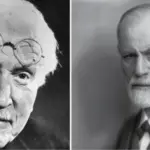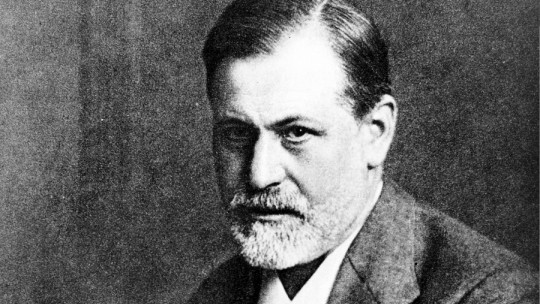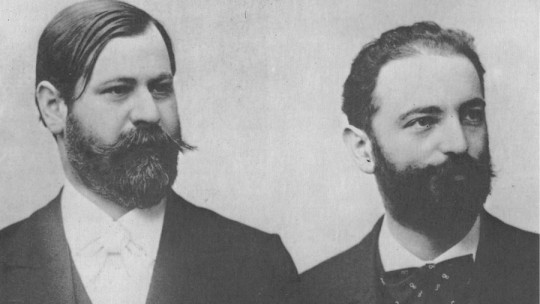It is very easy and intuitive to relate the amount of sex you have with the levels of happiness we experience It seems common sense to think that sexual satisfaction plays an important role in human psychology and the degree to which we are satisfied with life; Even one of the first references in the history of psychology, Sigmund Freud, gave human sexuality a leading role in the development of our personality.
Furthermore, as we saw in another article, we know that during sexual relations several strategic areas of our body begin to emit and capture a greater amount of hormones related to the feeling of well-being and the creation of emotional bonds that make us feel good. Even evolutionary psychology talks about the origin of many innate psychological characteristics in our species, linking their origins with sex!
More sex, greater happiness. Sure?
However, science is, among other things, to test ideas that common sense takes for granted. And, at least in the field of subjective satisfaction with life, It seems that a greater number of sexual relations must equate to an increase in perceived happiness
This is what a study carried out by researchers at Carnegie Mellon University and published in the Journal of Economic Behavior & Organization indicates.
Starting from a simple question
There is plenty of research indicating that people who feel happier are also those who tend to have more sex than average. This correlation, like almost all, is quite confusing and raises many questions about the way in which perceived happiness and the amount of sex interact: Is it happiness that leads to a more active sexual life, or the opposite? Or perhaps there is a third unknown variable that generates both increased levels of happiness and frequency of sexual relations?
Researchers at Carnegie Mellon University precisely set out to explore the possible causal relationships that could be found between happiness and people’s sexual lives. Specifically, sought to answer the question of whether more sex increases happiness levels or not And they did it in the crudest way possible: recruiting a certain number of couples and assigning them very specific duties, consisting of doubling the frequency with which they used to make love, for 90 days in a row.
The investigation was done like this
Of course, these people were not the only ones who participated in the study. In total, 64 couples were recruited, but only half had to increase the amount of sex they would have over several months The rest were given no instructions whatsoever regarding sexuality, since they had to be part of what is known as control group. All members of the couples, regardless of whether they had to double the frequency with which they had sex or not, had to fill out a series of questionnaires over the course of the three months that the data collection phase lasted.
The questions that appeared in these questionnaires dealt with perceived levels of happiness, health habits that were being maintained, and satisfaction found in sex.
The results, somewhat disconcerting
The main conclusion reached through the study was that Not only does more sex not give greater happiness, but it can cause it to decrease In addition, many of the couples who had to increase the frequency of relationships became significantly less motivated by sex. His desire level had decreased.
Of course, this does not mean that deliberately increasing sexual activity for three months will always negatively affect us: for example, if instead of focusing on quantity, efforts were dedicated to improving its quality, the results could be different.









